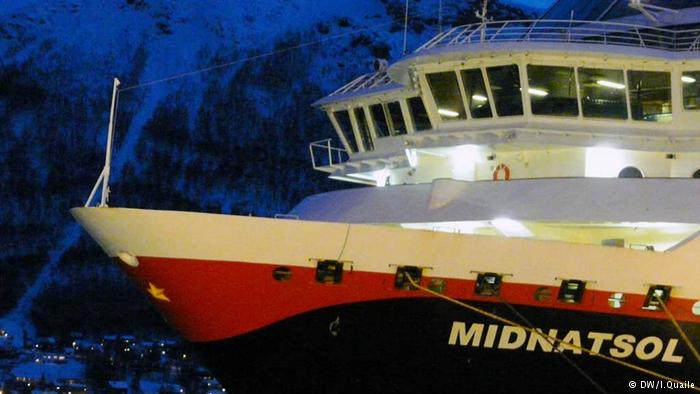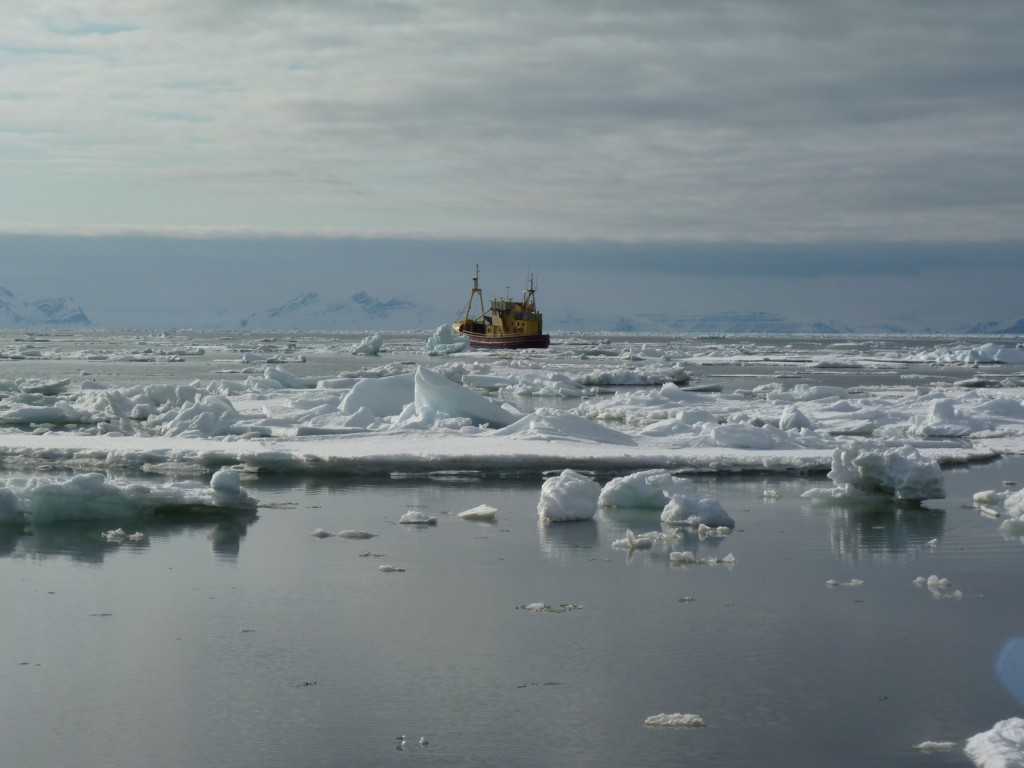Search Results for Tag: HFO
Some Arctic good news – not #fakenews!
With the environment and climate under constant fire from the actions of President Trump, it is great to end the week with a little piece of good news.
This is the time of the year when Arctic buffs gather in Tromso in Norway for the annual Arctic Frontiers conference. I couldn’t make it myself this time, but have been following some of the action online, including the side-events which are often amongst the most valuable at international conferences.
Push for clean shipping
One thing that made me smile was the announcement that the famous cruise ship operator Hurtigruten had signed the Arctic Commitment, calling for a ban on the use of marine heavy fuel oil (HFO) in the Arctic.
The Clean Arctic Alliance – a coalition of environmental NGOs – is calling on the international community to sign up to the Arctic Commitment with the aim of protecting Arctic communities and ecosystems from the risks posed by the use of HFO.
The CEO of Hurtigruten, Daniel Skjeldam, signed the Arctic Commitment in Tromso.
“The use of heavy fuel oil has already been banned in the Antarctic, now it’s time to ban it in the Artic as well”, Skjeldam said. His company has chosen not to use heavy fuel oil in any of its ships.
Oil spill risk in icy waters
He urged the shipping industry to be frontrunners in “promoting regulations that will secure sustainable Arctic growth”.
“An accident involving a mega ship and spill of heavy fuel oil in the Arctic should represent an environmental disaster”, Skeldam said. There has been no shortage of experts testifiying to that.
“If heavy fuel oil is spilled in cold Arctic waters, it will have larger consequences than anywhere else. The Arctic deserves sustainable growth and innovation, and the industry needs to move first”, the shipping executive confirms.
Don’t wait for a ban
Indeed. The shipping industry could make a huge difference here by taking action without waiting for legislation or restriction. With climate change speeding ahead and the Arctic struggling to cope with the rapid changes occurring as temperatures reach record highs, while powerful politicians like Presidents Trump and Putin seem more interested in exploiting the Arctic than protecting it, companies and consumers have to take on more responsibility.
In December 2016, Canada and the US announced a joint “phase down” of HFO from their respective Arctic regions. Here’s hoping things will move forward on this in spite of the current political climate.
The Clean Arctic Alliance believes a ban on HFO in the Arctic can be achieved by 2020 if governments and business demand action by the International Maritime Organization to ban the use of HFO. In the meantime, the group is encouraging the shipping industry to switch to higher quality, alternative fuels.
Christoph Wolff, Managing Director of the European Climate Foundation, a member of the Clean Arctic Alliance, says the debate on HFO is over. “Banning the use of heavy fuel oil to power Arctic shipping will not only minimize the risk of spills, but will also help reduce climate-warming emissions in the region”, he says.
Thinking positive
When I first reported from Arctic Frontiers back in 2007, there was already a heated debate going on between those who want to develop and commercially exploit the Arctic’s resources, against the background of a warming climate, and those who want to restrict access and activity in the interests of the fragile environment and the communities who live there. I remember a discussion on the paradox of climate warming making it possible to extract more oil from the Arctic which would, in turn, cause more emissions and further melt. Shipping, too, both passenger and freight, becomes easier as the Arctic ice melts, but, in turn, causes high emissions as well as other pollution in the sensitive region.
So let’s go into the weekend with a round of applause for the tireless campaigners for a clean Arctic. It is hard for an environment journalist to be optimistic in these difficult times. But every little helps. And winning over the cruise ship industry which so many people associate with holiday expeditions into remote areas with intact nature and spectacular wildlife would be a great way to get a wider public “on board” for the voyage to protecting the icy regions of our warming planet.



















Feedback